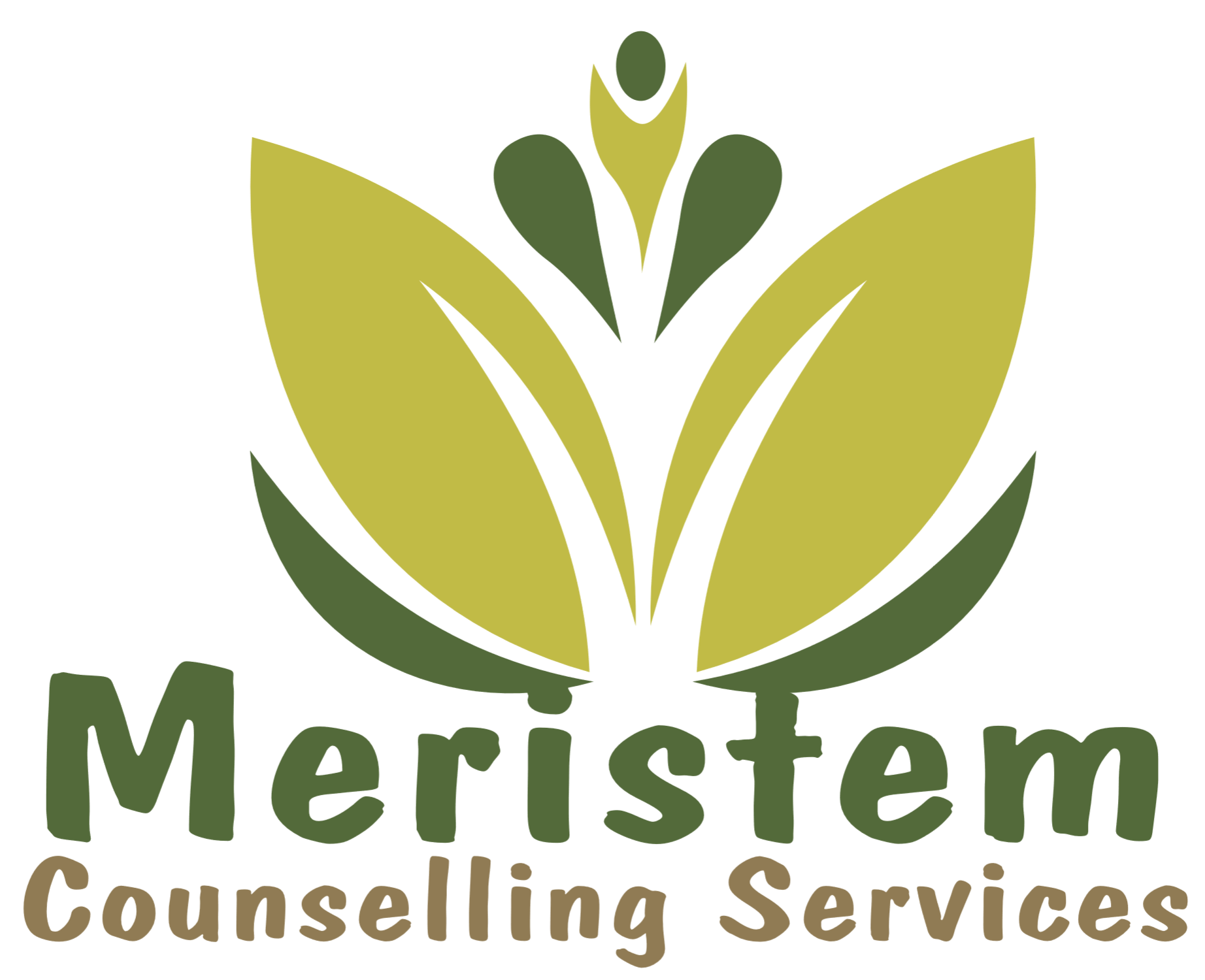If you haven’t at some point in your life felt hurt or angry at somebody for letting you down, taking advantage of you, being rude, judging or criticizing you, or just not being there for you when you hoped they would be, then you’re probably not human, or you’ve lived in a cave all your life!
One of the hardest challenges many of us face is dealing with how we feel in response to people’s negative attitudes and behaviours. Often times, we silently let others say and do things that are very negative and destructive, while allowing ourselves to become angry and resentful in return. How can we stop the hurtful actions of others from affecting us? How do we remain compassionate and open, while keeping ourselves from feeling run down and trampled on by those around us? How do we set limits?
Setting Boundaries is Important
Personal boundaries are what define our identity. They’re like property lines around a home. The better our boundaries of self-awareness and self-definition, the greater our capacity to offer empathy and love to others. Good boundaries help us care for others because we have a stable foundation to operate from and are not distracted or depleted by personal insecurities or blind spots. That’s why it’s not “selfish” or unloving to set boundaries and “take care of ourselves.”
Setting compassionate boundaries is something we often help clients do in counselling. It is something that can sometimes seem uncomfortable and difficult. In truth, it is unfamiliar to many people. There is a mindset that if you love someone, it isn’t right to say “no”, which is simply not true.
Author and researcher, Brene Brown, says that boundaries are really about valuing yourself and the people in your life. She finds that the most compassionate people possess the most secure boundaries. Brene explains that if we are exhausted and harbouring feelings of resentment, it is likely that we haven’t been setting boundaries. Defining boundaries isn’t selfish, but necessary for personal growth. So setting and maintaining them is a step towards emotional and spiritual health.
Set Limits and Don’t Waiver
If you are tired but have been invited to do something, stop and think. Do I want to go? Am I doing it out of obligation? Will it bring me joy? Can I reschedule it to a time where I have more energy? Can I just go for a short time? Will it zap me of the little energy I have left? Use these questions, or any others you think of, to guide you in the decision making process. We have all done something when we were feeling rundown and maybe even a bit irritable and generally the outcome is not positive. If you enjoy spending time with someone, for example, but don’t feel up to a big group get together, just say no. No doesn’t have to mean you won’t do something with them, it means you love and respect yourself enough to be honest. Just don’t let others make you feel bullied into saying yes. Stand your ground and be true to yourself and others.
Be Kind in the Process
Be honest to yourself about why you are setting the boundary, but also be kind. Kindness is highly underrated but is something that brings us joy. If you see someone struggling but you know your emotional resources are low and you haven’t got a lot to give, that is okay. Just be kind, a small gesture means so much. Send a text, buy them a tea, drop them a card and just let them know you are thinking about them. Above all else, extend this kindness to yourself. You need to be your own friend too. Go for that walk, skip that dinner meeting, enjoy that long bath with a book. Do these things knowing that you are being compassionate and taking care of yourself so that you can more effectively care for others.
I have found that if you do push through the discomfort of saying “no”, and your communication around boundaries is met with negativity and conflict, then sometimes it’s for the best, and as Brene Brown says, you don’t have to engage and you certainly don’t take responsibility for the feelings of others. It has become more clear to me lately that boundaries, and even disengaging, can open up the space to be compassionate in a completely different way than I ever imagined.

